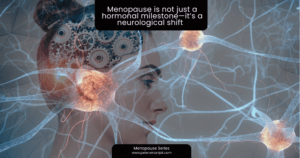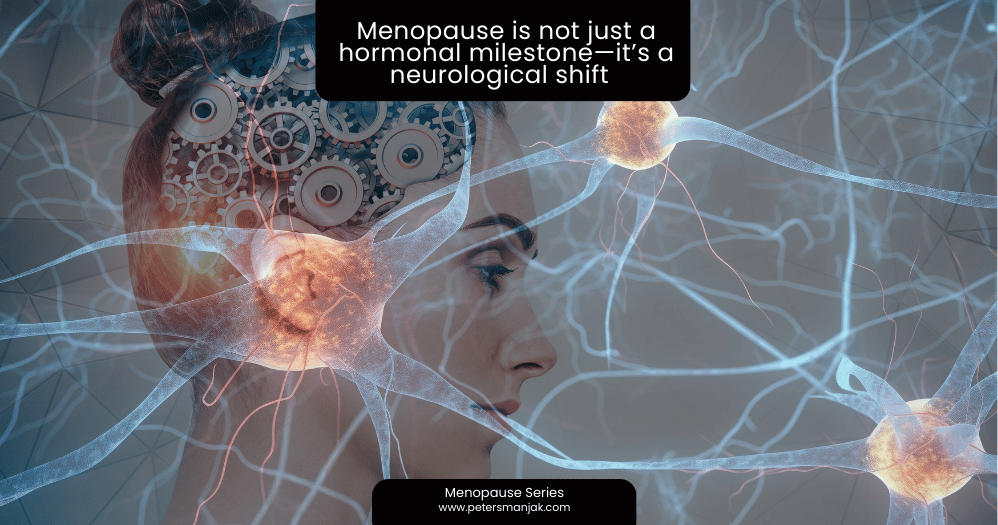Omega-3's Brain Health Secrets
Omega-3 fatty acids have been found to have numerous benefits on mental health, particularly in the treatment of depression. There is a growing body of research suggesting that supplementing with omega-3 fatty acids can help alleviate depressive symptoms and improve mood.
The Mechanism at Play
The mechanisms by which omega-3 fatty acids achieve this benefit are still not fully understood, but several hypotheses have been proposed. One theory is that omega-3s may help increase the production of neurotransmitters such as serotonin and dopamine, which are known to play a role in mood regulation. Omega-3s may also help reduce inflammation, which has been linked to depression and other mental health conditions.
Benefits on Depression
Here are some of the benefits of omega-3s on depression:
Reduces Symptoms of Depression: Several studies have found that omega-3 supplements can help reduce symptoms of depression. In a review of 26 studies, researchers found that omega-3 supplements were effective in reducing depressive symptoms, particularly in people with more severe depression.
Improves Mood: Omega-3s have been shown to improve mood in people with depression. A study found that supplementing with omega-3s improved symptoms of depression in pregnant women.
Enhances Effectiveness of Antidepressants: Omega-3s may enhance the effectiveness of antidepressants. A study found that omega-3 supplements increased the response rate to antidepressants in people with major depressive disorder.
Reduces Risk of Depression: Omega-3s may also reduce the risk of developing depression. A study found that people who consumed more omega-3s had a lower risk of developing depression.
Enhances Cognitive Function: Omega-3s have also been shown to enhance cognitive function, which can be impaired in people with depression. A study found that omega-3 supplements improved cognitive function in people with depression.
Dosage
While the exact amount of omega-3s needed to achieve these benefits is still unclear, most studies have used doses ranging from 1-3 grams per day of EPA and DHA. It is important to note that omega-3 supplements should not be used as a replacement for prescribed antidepressant medication without consulting with a healthcare professional.
Conclusion
The benefits of omega-3 fatty acids on depression are numerous, and supplementing with these essential fatty acids may be a useful adjunct to traditional depression treatments. While the exact mechanisms by which omega-3’s achieve these benefits are still not fully understood, the evidence is clear that omega-3 supplements can have a positive impact on mental health.








